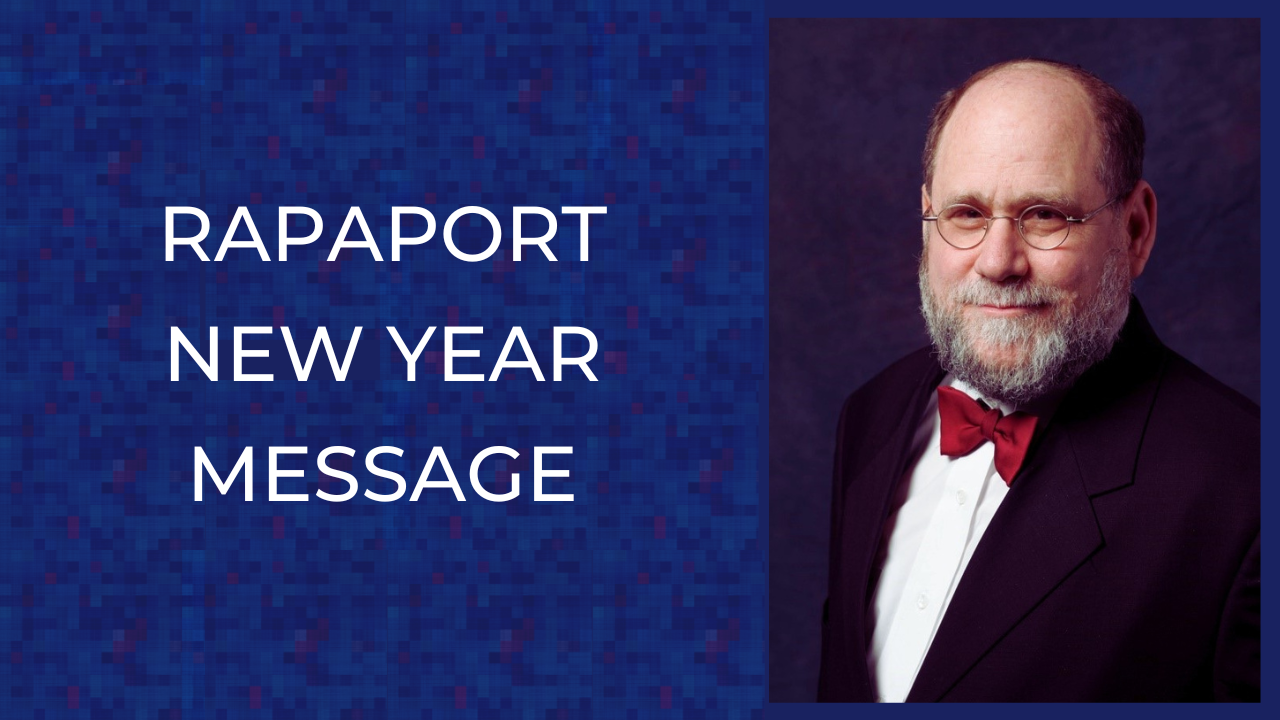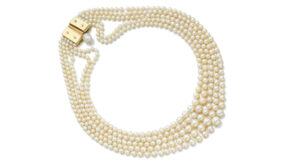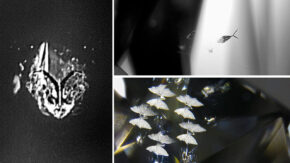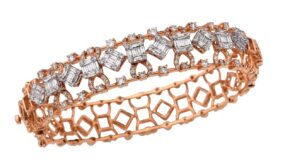Dear Friends,
Greetings and best wishes for the New Year.
As the world goes through great economic, social and political change, the diamond and jewelry industry faces unprecedented opportunities and challenges. The best way forward in these uncertain times is to focus your activities on what is certain and sustainable.
The basis of diamond and jewelry demand is the need for emotional and financial security. The need for security and commitment is fundamental to human nature and directly related to procreation. No matter who you are, where you are, or when you are, if you want to have children, you need financial and emotional security. It’s Darwinian.
The role of the diamond trade is to maintain the symbolic relationship between diamonds and the gift of emotional and financial security.
There will be endless opportunities to make money and lose money as global economic warfare, pandemics, demographics, and other factors impact financial and diamond markets. However, the future of the diamond industry is not based on short-term opportunities. Of course, we all want to optimize short- and medium-term opportunities, and I’ll be writing about them all year. The key point is that diamonds are more than a short-term trading opportunity. They are a long-term store of value used as a symbol of commitment.
The greatest challenge facing the diamond trade is greed. Our trade is willfully destroying the underlying value of diamonds as a store of value through the marketing, promotion and sale of synthetic diamonds as a replacement for natural diamonds.
Synthetic, man-made, laboratory-grown diamonds (LGD) are the Bitcoin of the diamond trade. In fact, they are worse than Bitcoin because they lack any element of scarcity. The value of these diamonds is consistently falling. Despite their lack of natural scarcity, they are sold as comparable to natural diamonds without full disclosure as to their inability to retain value.
Essentially, the diamond industry is trading short-term, unsustainable profits for the reputation of diamonds as a store of value. Many — if not most — in our trade are operating dishonestly and unethically by failing to make a full disclosure about the value retention of synthetic diamonds.
On December 17, 2021, we made a detailed submission to the Responsible Jewellery Council (RJC) requesting full-disclosure standards for synthetic diamonds. See submission here. So far, over a year later, no action has been taken.
Ultimately, the trade in synthetics will come crashing down as prices for synthetics continue to fall. This is what has happened to synthetic rubies, emeralds and sapphires. Retailers beware: Consumers who have spent thousands of dollars on diamond engagement rings only to find that their value has shrunk to hundreds, or even tens of dollars will remember the names of the companies that sold them the synthetics. Is your long-term reputation worth the short-term synthetic profits? Do you really think synthetics are a better long term “deal” for your customers than natural diamonds?
The Rapaport Group does not facilitate the sale of synthetic diamonds in any way. We believe they are a fraudulent product because of how they are sold. They are also a threat to the fundamental message of diamonds. Let me make it clear: Engagement rings are not costume jewelry.
If you agree, please let me know via email at [email protected]. We are working to create a group of like-minded people who share our views.
Wishing you and yours a happy, healthy, and prosperous New Year.
Martin Rapaport
Chairman
RAPAPORT
[email protected]



